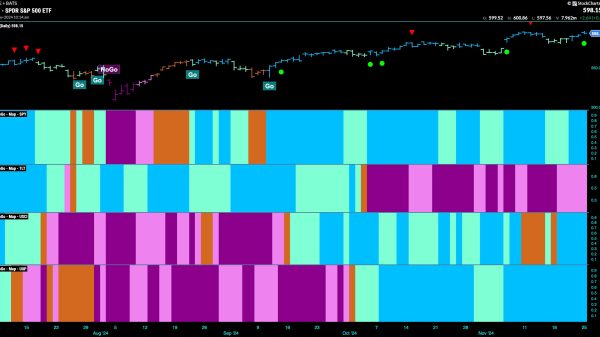US Supreme Court justices sounded wary on Tuesday of tinkering with a legal shield for social media firms in a case that could reshape the internet.
It pits the family of Nohemi Gonzalez, 23, who was shot by Islamic State gunmen in Paris in 2015, against YouTube owner Google.
They accuse the internet giant of aiding and abetting the terrorist group by recommending its videos to users.
Google argued it is not liable, citing a decades-old law.
The statute – Section 230 of the Communications Decency Act – protects internet companies from being held responsible over content posted by third parties on their platforms.
The 1996 law also allows companies to remove content deemed to be in violation of the platform’s rules.
On Tuesday, the Supreme Court justices heard nearly three hours of arguments from lawyers representing US officials, Google and Ms Gonzalez’s family.
The case marks the first time the Supreme Court has been asked to define the scope of Section 230 and determine whether platforms like YouTube, Facebook and Twitter are protected when their algorithms direct users to certain information.
During the hearing, justices noted that the current landscape of the internet had vastly changed since the law was first enacted 27 years ago.
Justices also expressed concern whether a ruling in favour of Ms Gonzalez’s family could open the door to a deluge of litigation against tech companies.
“You are creating a world of lawsuits,” Justice Elena Kagan, a liberal, said. “Really anytime you have content, you also have these presentational and prioritisation choices that can be subject to suit.”
Two other justices, Samuel Alito, a conservative, and Ketanji Brown Jackson, a liberal, acknowledged they were confused by arguments made by a counsel for the Gonzalez family.
Justice Brett Kavanaugh, a conservative, expressed concern that any ruling to limit the legal shield for internet firms “would really crash the digital economy”.
Ms Gonzalez’s family first sued Google in 2016, arguing the tech giant had violated federal anti-terrorism laws by recommending videos posted by the Islamic State to its users.
Two lower courts have found in favour of Google, ruling the tech giant was protected under Section 230.
The Supreme Court is expected to release a decision on the case by end of June.
On Wednesday, the justices will hear a similar case on the question of whether Twitter aided terrorism by allowing the Islamic State to use its platform.
Read more:
US Supreme Court wary of removing tech firms’ legal shield
























